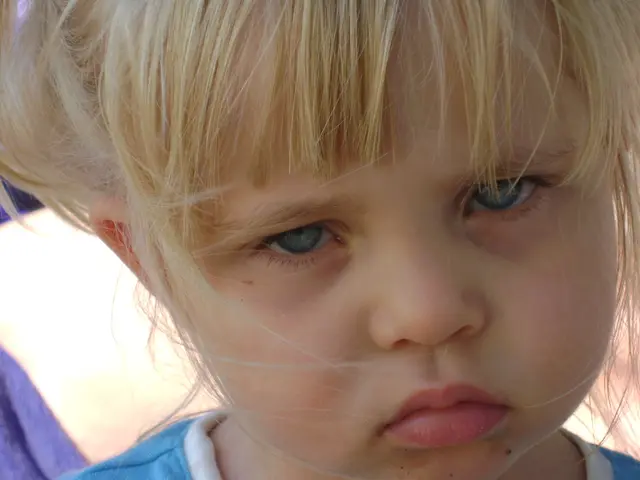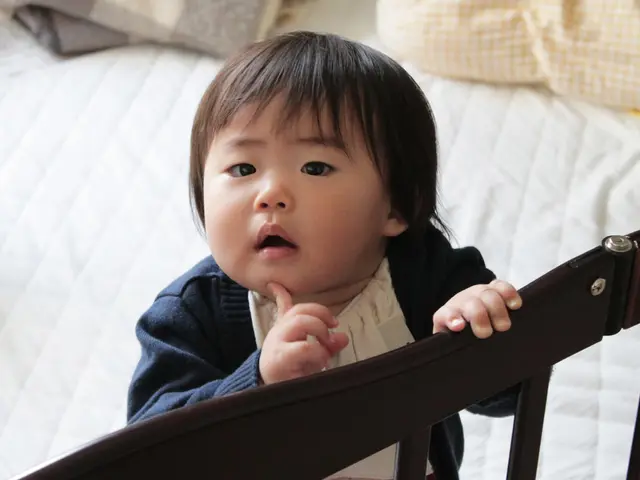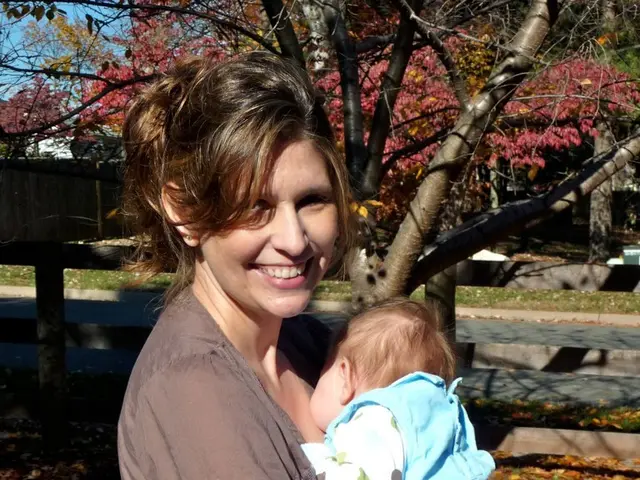Divorced parents potentially contributes to the development of codependency in offspring.
Codependency is a complex emotional and behavioral condition that impacts an individual's ability to maintain healthy relationships. This condition is often traced back to dysfunctional family dynamics, especially in cases of divorce. Developing an understanding of codependency, its causes, and the consequences of living with it can help individuals to identify it, seek help, and move towards healthier relationships.
Codependency is a learned behavior that originates from emotional struggles and patterns. It emerges when someone grows up in a chaotic or dysfunctional home environment, characterized by neglect or abuse. Factors like the absence of healthy boundaries, emotional neglect, or a lack of emotional support can lead to a child developing codependent behaviors.
Children of divorced parents can be at a higher risk of developing codependency due to the emotional turbulence and instability that comes along with divorce. The emotional distress and anxiety caused by this life-altering event can lead to insecurities, causing children to seek emotional connections and find stability in unhealthy ways.
In some cases, post-divorce, parenting roles may become unbalanced, with children assumption more responsibility for the emotional or practical needs of one or both of the parents. This can contribute to codependent behaviors, as children may find themselves filling the void caused by adults' inability to meet their own needs.
Another factor contributing to codependency in children of divorced parents is the development of attachment issues. The disruption in family dynamics can cause children to seek intense emotional connections in relationships as they grow older. These unhealthy attachments can manifest as codependency in the future.
The turmoil experienced during divorce can also shape a child's expectations and behaviors in future relationships, leading them to seek security and stability in unhealthy ways. This can result in perpetuating the cycle of codependency as they enter adulthood and form their own relationships.
To identify codependent patterns, signs such as low self-esteem, people-pleasing, and poor boundary management can be indicators. Other symptoms include chronic anger, the engagement in compulsive behaviors, and the tendency to play the role of the victim due to emotional manipulation or abuse. To address codependency, priority should be given to setting boundaries, practicing self-care, seeking professional help, and working towards healing and personal growth.
Resource links for further reading:
- Comprehensive guide to understanding codependency and the healing process: https://www.healthline.com/health/codependency
- Insightful tips for parents going through divorce to minimize the impact on children: https://www.healthychildren.org/English/family-life/Family-Discipline/Pages/Ways-to-Help-Your-Child-Cope-With-Divorce.aspx
- Article exploring the complex relationship between divorce, attachment styles, and codependency: https://www.psychologytoday.com/us/blog/codependent-no-more/201510/divorce-attachment-and-codependency
- In-depth discussion on the link between divorce and the development of codependency in children: https://www.psychologytoday.com/us/blog/life-grounded/201804/divorce-and-codependency-winning-over-adult-children-reactions
- Codependency can emerge as a result of living in a chaotic or dysfunctional family environment, driven by factors like the absence of healthy boundaries, emotional neglect, or a lack of emotional support.
- The emotional distress and anxiety caused by divorce can lead children to seek emotional connections and find stability in unhealthy ways, potentially causing them to develop codependent behaviors.
- Recognizing signs of codependency, such as low self-esteem, people-pleasing, and poor boundary management, can help individuals identify this condition and work towards healing and personal growth.
- To support children during and after a divorce, parents should prioritize maintaining healthy boundaries, practicing self-care, seeking professional help, and promoting mental health awareness to minimize the impact on family-health and ensure a nurturing and respectful environment for all, fostering strong friendships and overall health-and-wellness in the process.








